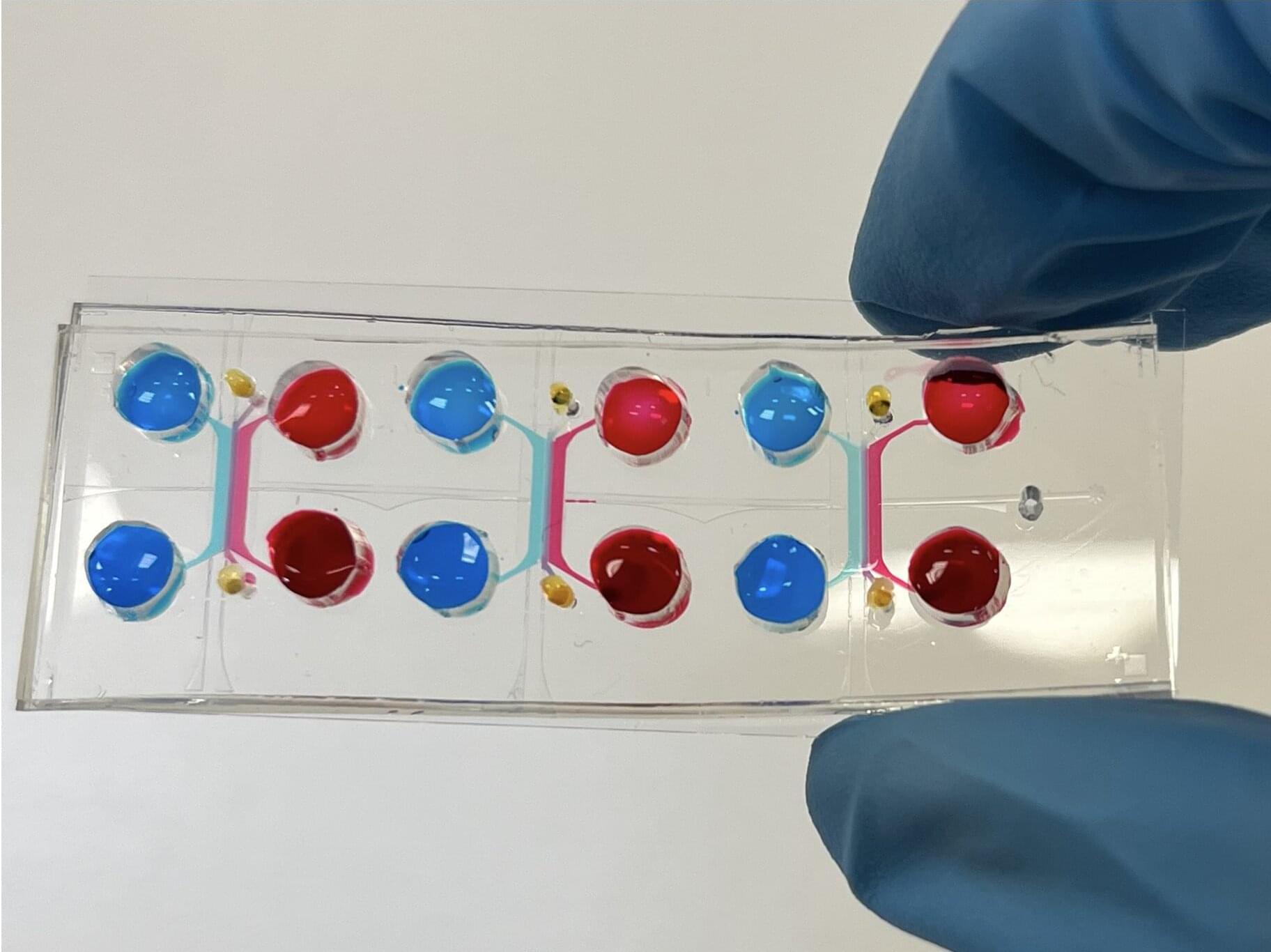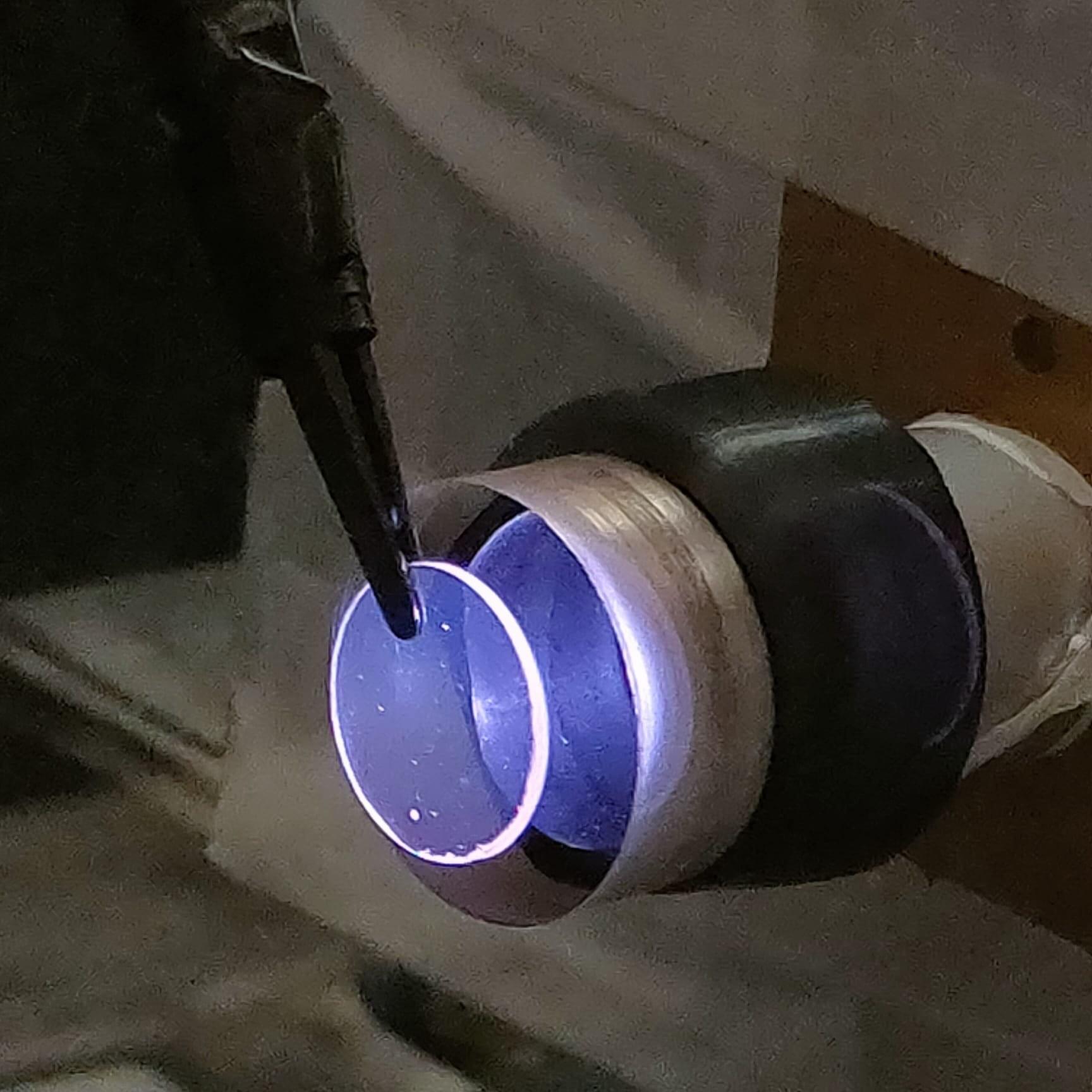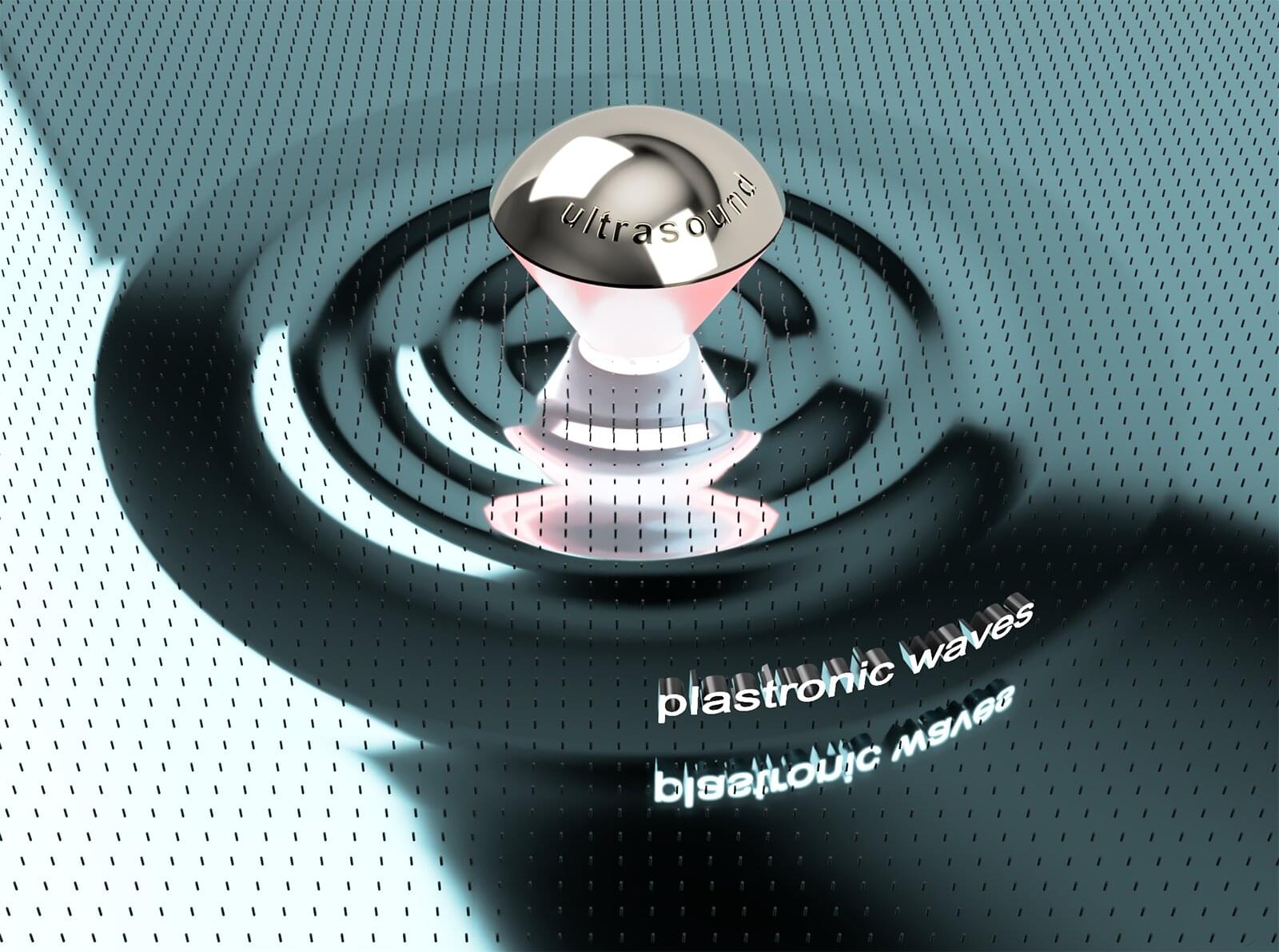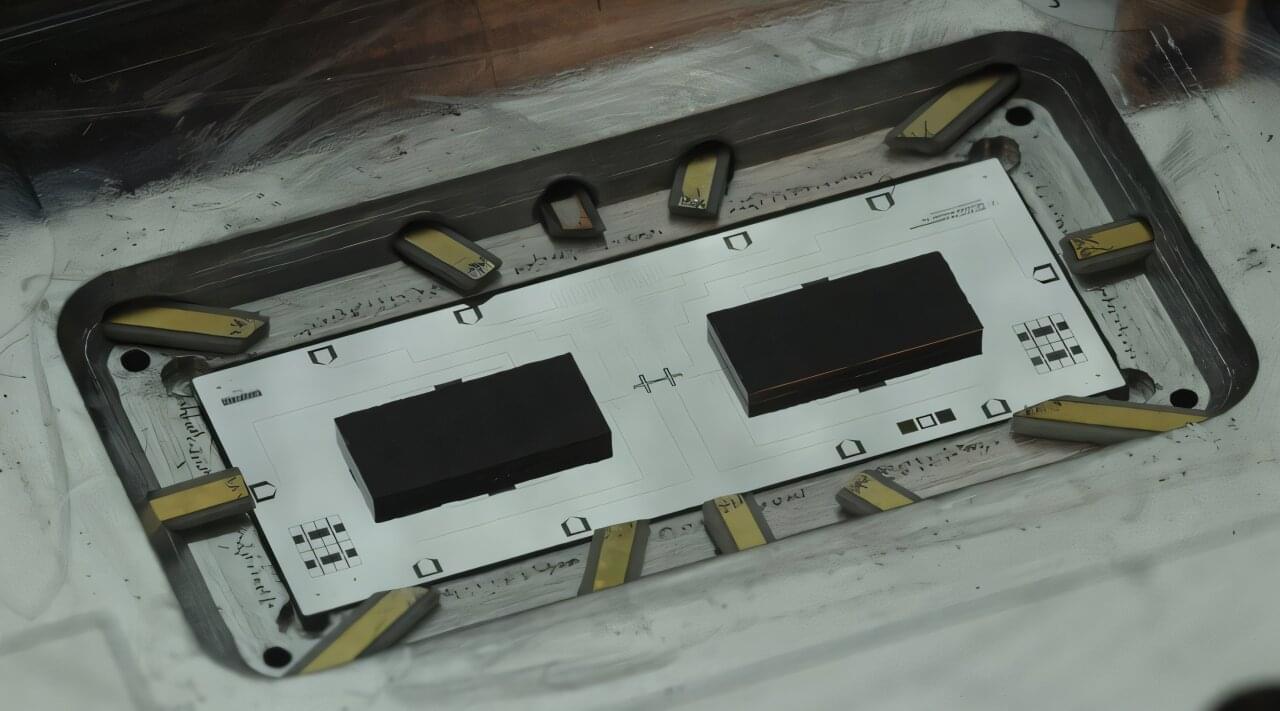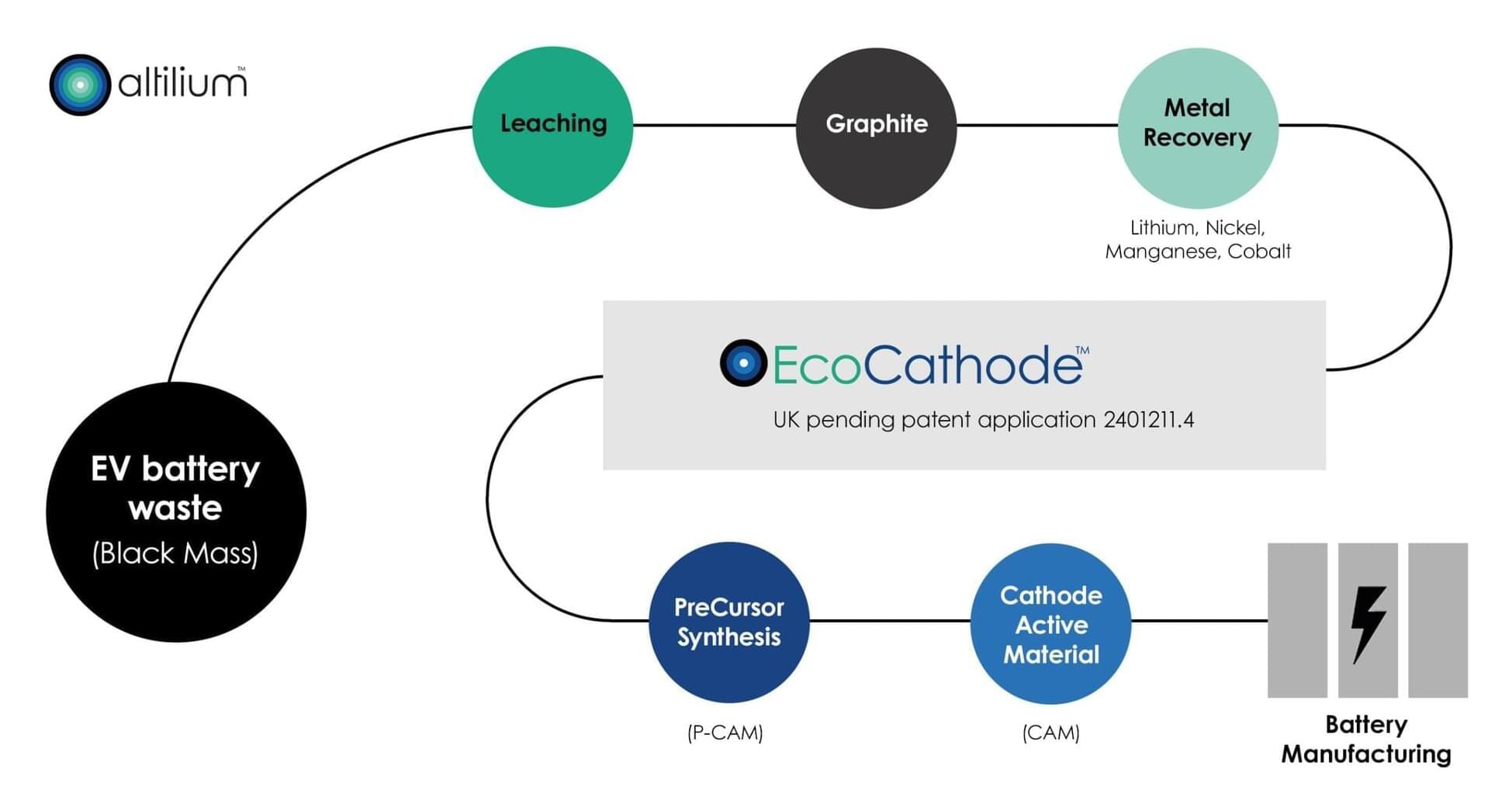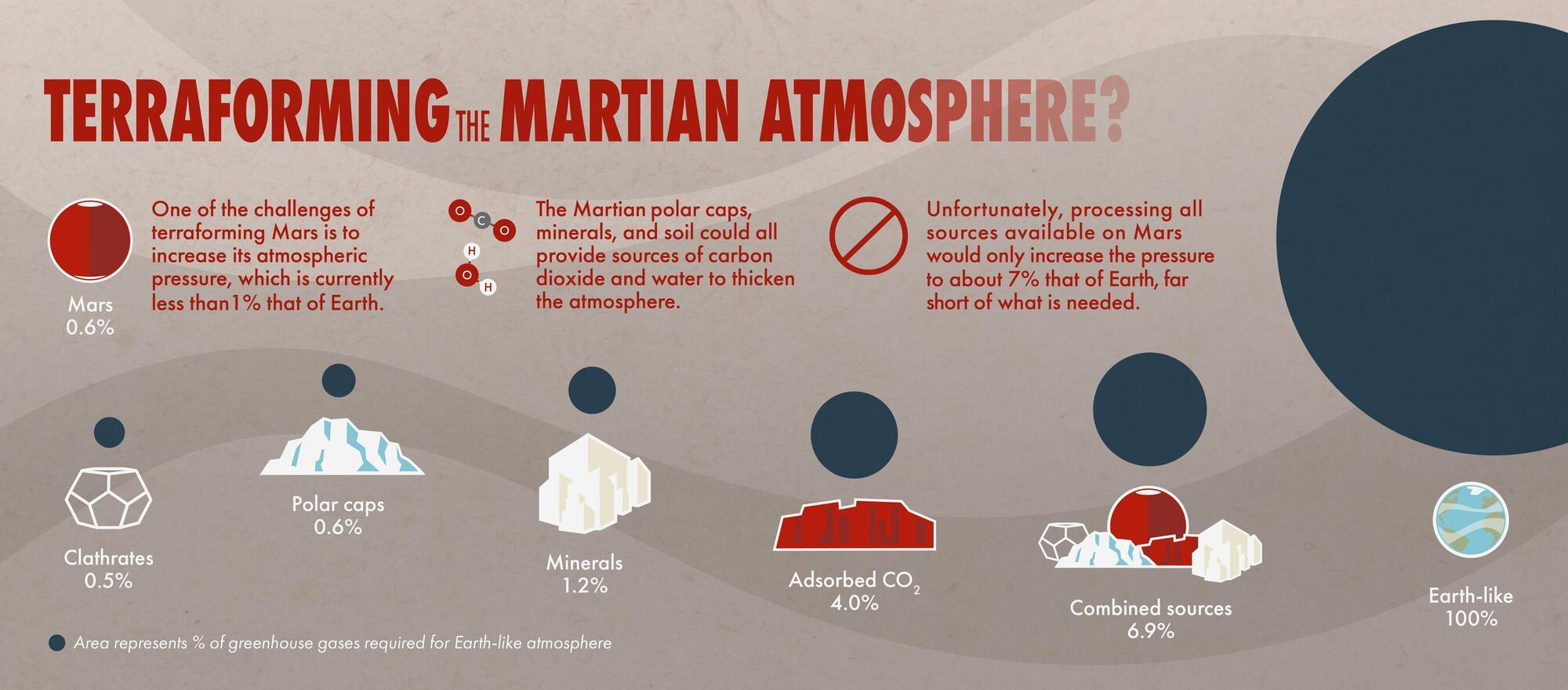Engineers are renowned clock-problem solvers. They’re also notorious for treating every problem like a clock. Increasing specialization and cultural expectations play a role in this tendency. But so do engineers themselves, who are typically the ones who get to frame the problems they’re trying to solve in the first place.
In his latest book, Wicked Problems, Guru Madhavan argues that the growing number of cloudy problems in our world demands a broader, more civic-minded approach to engineering. “Wickedness” is Madhavan’s way of characterizing what he calls “the cloudiest of problems.” It’s a nod to a now-famous coinage by Horst Rittel and Melvin Webber, professors at the University of California, Berkeley, who used the term “wicked” to describe complex social problems that resisted the rote scientific and engineering-based (i.e., clock-like) approaches that were invading their fields of design and urban planning back in the 1970s.
Madhavan, who’s the senior director of programs at the National Academy of Engineering, is no stranger to wicked problems himself. He’s tackled such daunting examples as trying to make prescription drugs more affordable in the US and prioritizing development of new vaccines. But the book isn’t about his own work. Instead, Wicked Problems weaves together the story of a largely forgotten aviation engineer and inventor, Edwin A. Link, with case studies of man-made and natural disasters that Madhavan uses to explain how wicked problems take shape in society and how they might be tamed.

